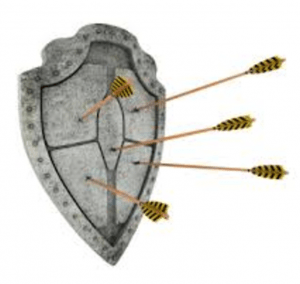Defending a Pre-Death Gift of Property
If you received a gift from someone, it remains a gift even after that person died. Understandably, there might be people who disagree with the gift-giver’s decision. They will try to throw everything they got into trying to cancel the gift. Fortunately for you, they are facing an uphill battle.
No undue influence challenges. In New York, challenging a gift is harder than challenging a will because undue influence is a ground for a will challenge but not really a ground per se in a lawsuit to set aside a gift. To set aside a gift, the challenger would essentially proceed the same way as trying to break someone’s contract, and that is something that is notoriously hard.
Dead Man’s Statute – What makes it even harder is the fact that the person who made the contract (the gift) is no longer there, and any evidence of conversation with that person is likely to be inadmissible in New York due to the rule of evidence commonly known as the “dead man’s statute.” One cannot quote the words of the decedent when trying to challenge something that he purportedly wanted to do.
The only viable options they have is challenging a gift are fraud, duress, lack of capacity to make a contract or forgery.
Lack of capacity is usually the more powerful option, if there are medical records to prove it. Lack of capacity to make a gift is even a little easier to prove than lack of capacity to make a will, because in a will the proponent is allowed to argue “lucid moments” at the time of making of the will, whereas in gift challenges, if it is determined that the giver lacked mental capacity to enter into a contract, they are presumed to always be in the state of not having such mental capacity.
Fraud is even harder to prove than lack of capacity. There are usually no witnesses to the transaction, so any allegations are usually anecdotal or an assumption that cannot be proven. Same thing with duress – it’s easy to claim duress when the people claiming it weren’t there, but it’s also impossible to prove for that same reason – even if duress does happen, no-one is there to witness it.
Forgery – If a deed, check or a contract was involved, people who challenge it claim forgery. What is important to understand is that a person’s handwriting changes throughout their lifetime, so the signature on the contested document will be compared with the decedent’s handwriting during that life period. We commonly use checks that the decedent signed around the same time, if available. Both sides to a forgery claim usually retain handwriting experts as expert witnesses for their side of the case.
If you received property from someone, they died, and now that gift is being challenged, get qualified legal defense from attorney Albert Goodwin. Call today at (212) 233-1233.














